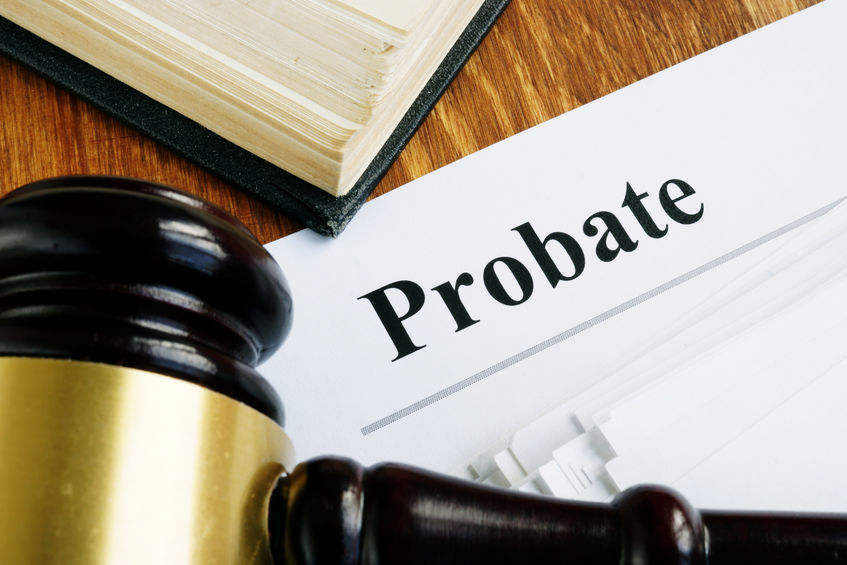What is Probate?
Probate is a court process that is used to determine the authenticity of a will as well as to administer the estate of the deceased individual. Through probate, the court supervises the payment of all the debts of the decedent to his creditors. Subsequently, the court administers the distribution of the assets of the estate to its beneficiaries in accordance with the will of the decedent. In case of an absence of the will, the court will arrange the asset distribution according to the laws of intestacy of the applicable state
What if the Deceased Owned Property in Different States?
If the deceased owned property in different states, a separate probate process will need to be opened in every state where the decedent owned property, which is called an “ancillary” proceeding.
What are the Different Types of Probate Proceedings in Florida?
There are three types of probate proceedings in Florida:
- Formal administration;
- Summary administration and;
- Disposition of personal property without administration.
The type of probate proceeding that would need to be used depends on:
- The types of assets owned by the decedent subject to probate;
- The number of creditors of the estate; and
- The length of time since the decedent’s passing.
What is the Role of a Personal Representative in a Probate Proceeding in Florida?
A will often names an executor (or what is commonly known now as “personal representative”) of the estate – someone who the deceased wanted to be in charge of his assets after his passing. If the decedent does not have a will, or did not designate a Personal Representative, then any interested person can petition the court to be named Personal Representative. The Florida Probate code provides an order of preference as to who would be named by the court as Personal Representative in the absence of a specific designation. Florida law requires a Personal Representative to have legal representation in the probate process, and an individual cannot represent himself. Probates can be very complex and there are several deadlines and responsibilities which the Personal Representative needs to be responsible for, or else they can be held liable by the heirs or beneficiaries of the decedent. The Personal Representative has the discretion in choosing an attorney to represent them in the probate, and the legal fees associated are payable from the estate’s assets.
How to Qualify as a Personal Representative in Florida?
In order to qualify to serve as a Personal Representative in Florida, the individual must either be a Florida resident, or, if they are not a resident of the State of Florida, a close relative of the decedent. The Personal Representative must also be over the age of 18, have the requisite physical and mental capacity to perform their duties, and must not have been convicted of a felony.


